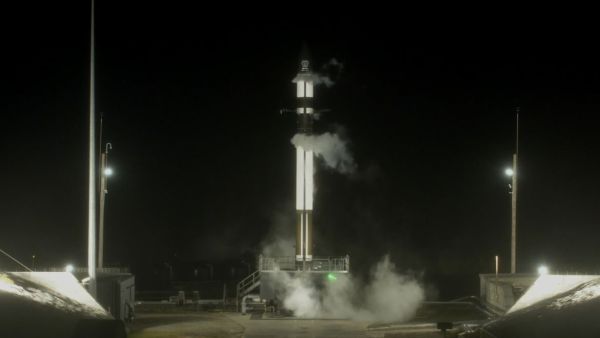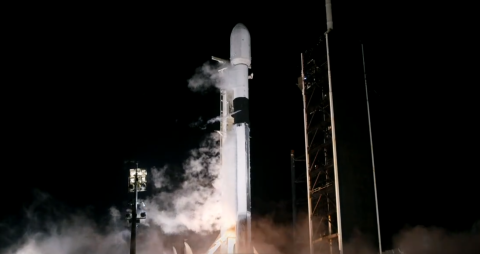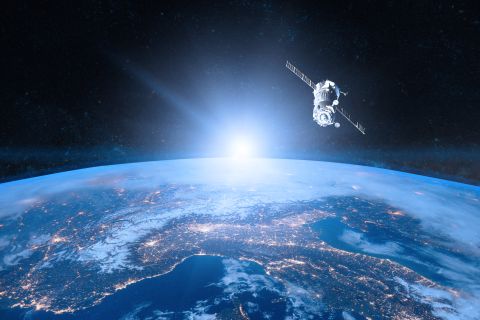ALBAWABA – Japanese based Astroscale has successfully launched its Active Debris Removal by Astroscale-Japan satellite, ADRAS-J, through the two-stage orbital launch rocket Electron by Rocket Lab from New Zealand on Sunday, towards a mission to research ways for collecting space junk.
The ADRAS-J will be attempting to rendezvous with the expended upper-stage of the Japanese H-2A rocket, launched earlier in 2009, by using observation data supplied from ground before switching to on-board sensors like infrared cameras and LiDARs, to successfully close in on the discarded rocket for monitoring.
Japan’s Space Agency, JAXA, had chosen the ADRAS-J for the first phase of its Commercial Removal of Debris Demonstration program, in hopes to set a precedent in space sustainability and junk cleanup efforts, with the Mike Lindsay, CTO of Astroscale, commenting on X (previously Twitter) saying “This mission entails the first ever approach of actual space debris and will be a monumental step toward a more sustainable future in space.”
The mission’s current stage will be taking a few months as the ADRAS-J reaches and attempts to get as close as possible to the H-2A upper-stage rocket, in a plan to take images and study its situation to decide if a removal can be possibly achieved.
While space agencies and private firms around the globe are working to address the space waste situation, as Engadget writes, using ground-based data to pinpoint its location, ADRAS-J will be the first to target a piece of big debris that is currently in place and make an effort to approach and elaborate on its situation safely.









